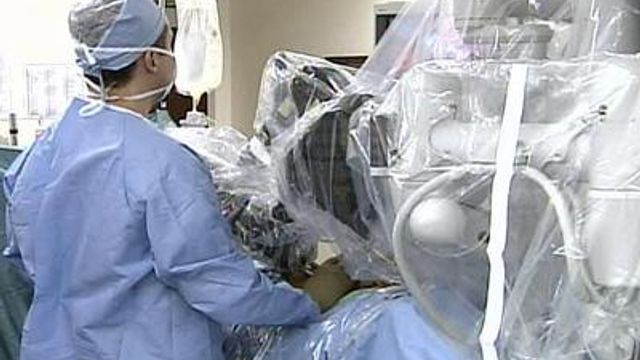Duke Clinic Puts Value on Getting Multiple Opinions
Most men diagnosed with prostate cancer depend heavily on one doctor's advice, but a recent study showed that advice may differ depending on the type of specialist you see. A newer approach leaves a specialist's bias out of the equation.
Posted — UpdatedEarly last year, Blanco learned he had prostate cancer at 39.
"That study really underscores the importance of meeting with multiple providers," said Dr. Phillip Febbo, an oncologist at Duke Medical Center.
"Our job is to try and help patients arrive at a choice based on their own priorities and needs and the particular disease that they have," said Dr. Robert Lee, a radiation oncologist at Duke.
Still, the ultimate decision lies with the patient.
Blanco chose surgery to remove his prostate back in February 2006.
"By now, I feel like I am back to the same function level that I had just before surgery," said Blanco.
Blanco said he considers it a great blessing that his early cancer detection gave him the luxury of having many good treatment choices.
• Credits
Copyright 2024 by Capitol Broadcasting Company. All rights reserved. This material may not be published, broadcast, rewritten or redistributed.





